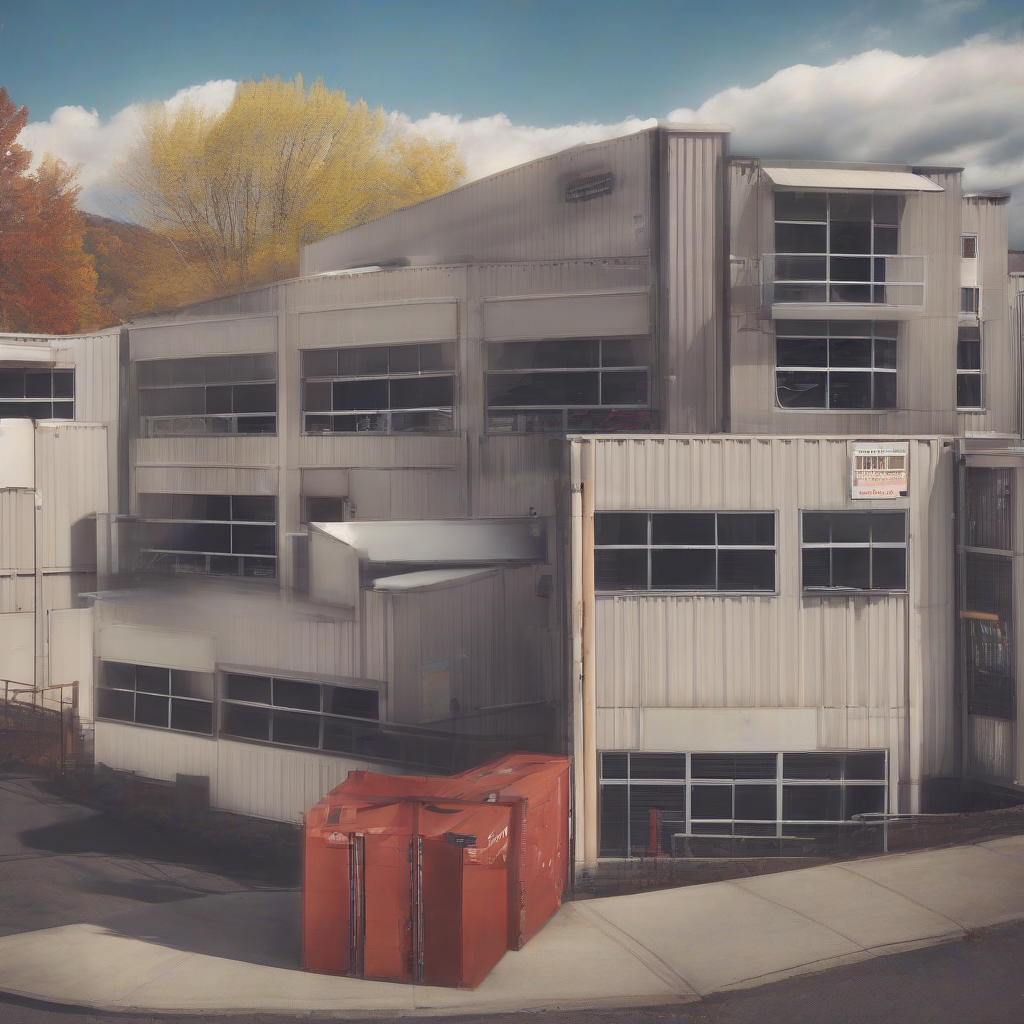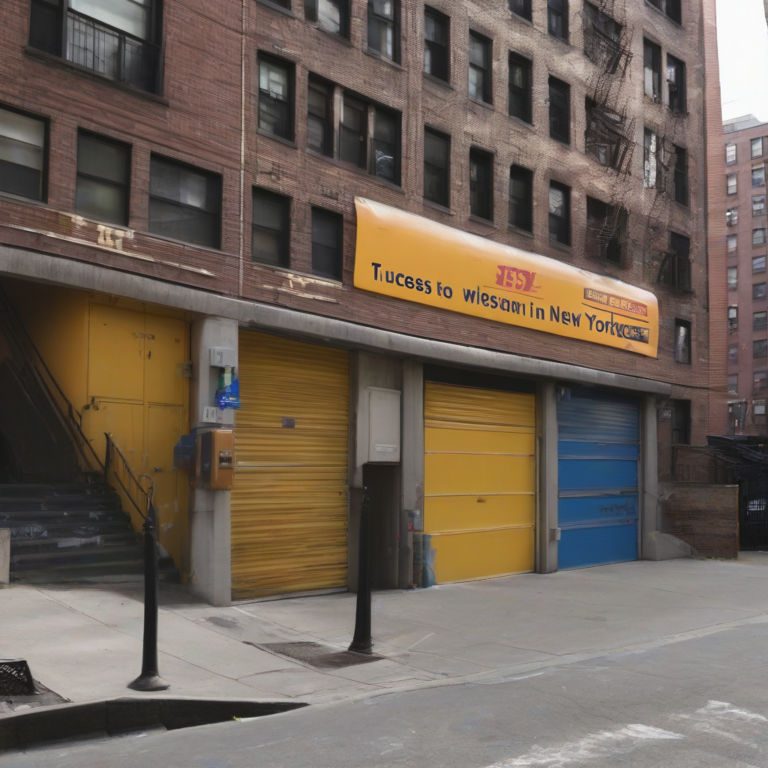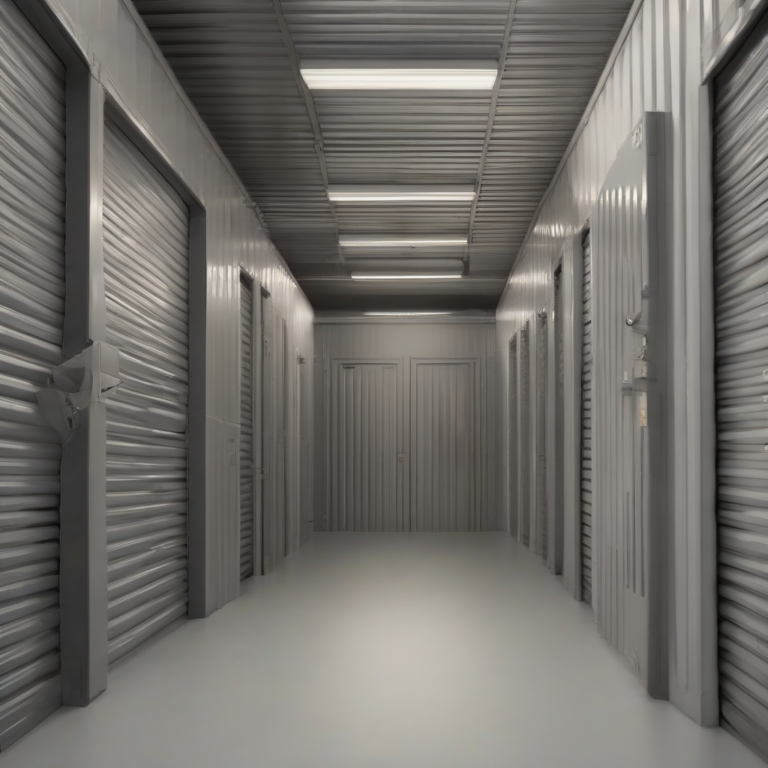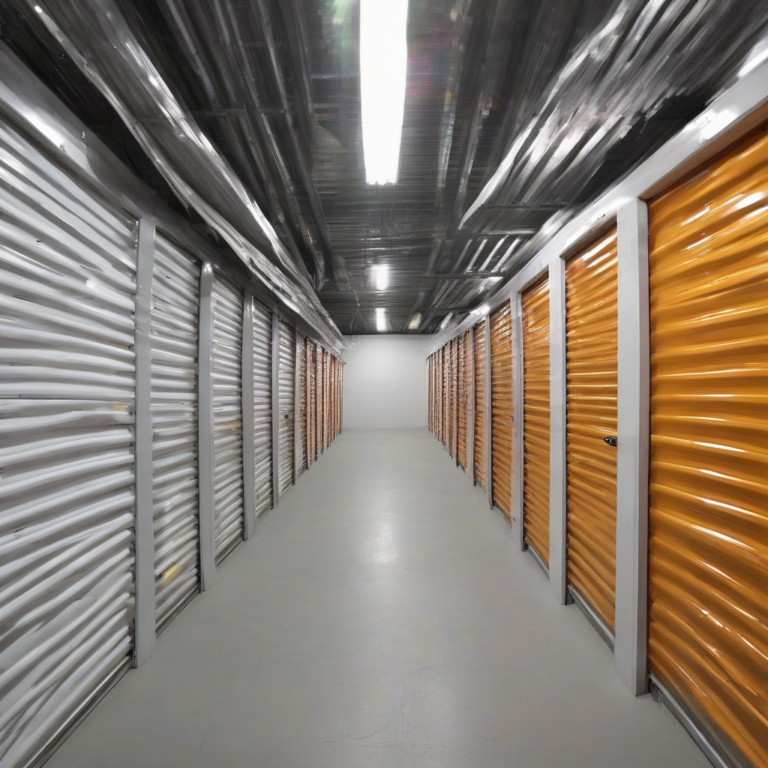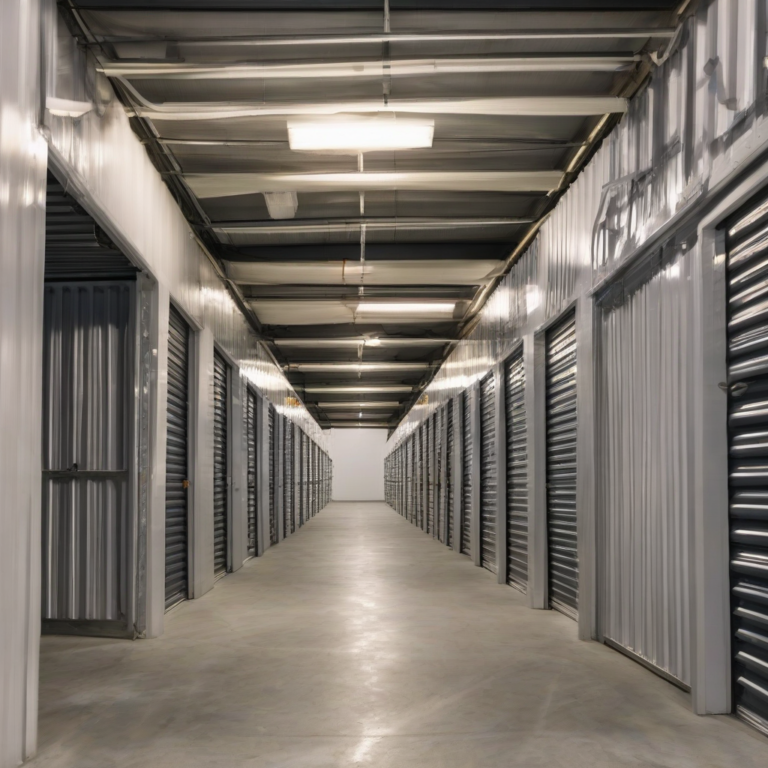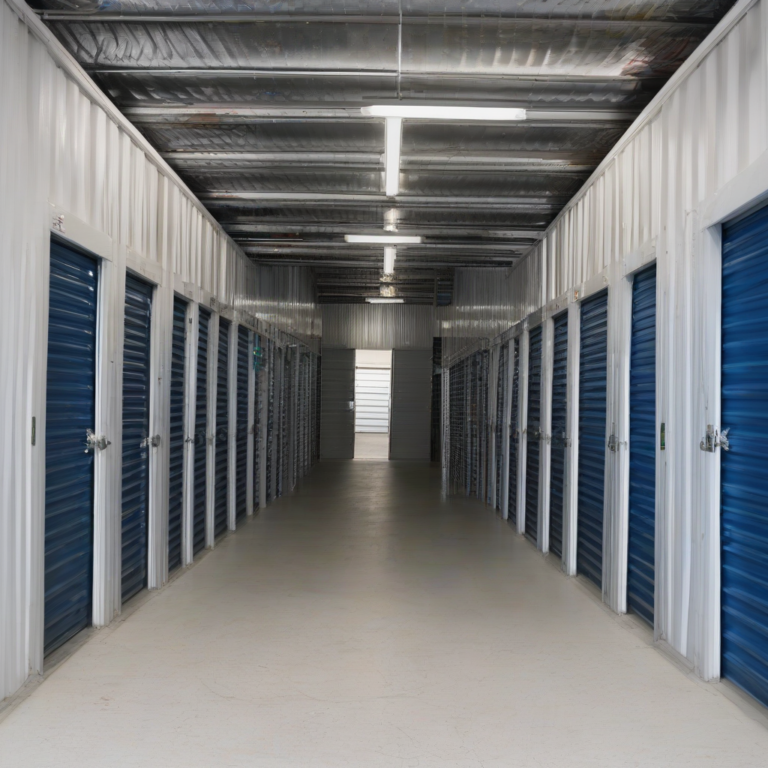Asheville Storage Units: Your Guide to Finding the Perfect Space
Asheville Storage Units: Your Guide to Finding the Perfect Space
Finding the right storage unit in Asheville can feel overwhelming. With numerous facilities offering various sizes, amenities, and price points, knowing where to start can be challenging. This comprehensive guide breaks down everything you need to know about Asheville storage units, helping you navigate the options and find the ideal solution for your needs.
Types of Storage Units in Asheville
Asheville storage facilities offer a diverse range of unit types to accommodate various storage needs. Understanding these options is crucial in making an informed decision.
- Indoor Units: These units offer climate-controlled environments, protecting your belongings from extreme temperatures, humidity, and pests. They are ideal for sensitive items like furniture, electronics, and artwork.
- Outdoor Units: These units are typically uncovered and often more affordable than indoor units. They are suitable for storing items less susceptible to damage from the elements, such as sturdy outdoor equipment or seasonal decorations.
- Drive-Up Units: Providing convenient access directly from your vehicle, these units are perfect for loading and unloading larger, heavier items. They often come in various sizes, catering to diverse storage needs.
- Climate-Controlled Units: These units maintain a consistent temperature and humidity level, safeguarding temperature-sensitive items from damage. They’re particularly beneficial in Asheville’s varying climate.
- Self-Storage Units: The most common type, these units allow you to access your belongings 24/7, providing flexibility and convenience.
- Mini Storage Units: Perfect for smaller storage needs, these units are ideal for individuals or families with limited storage space in their homes.
Factors to Consider When Choosing an Asheville Storage Unit
Several factors influence your choice of storage unit. Careful consideration of these aspects will ensure you select a facility and unit that best meet your requirements.
- Location: Choose a storage facility that’s conveniently located and easily accessible. Consider proximity to your home or business to minimize transportation time and effort.
- Size: Accurately assess your storage needs. Measure your items and consider future storage requirements to choose a unit of appropriate size. Avoid overcrowding, which can make retrieving items difficult.
- Security: Prioritize security features such as secure access, video surveillance, and well-lit facilities. Inquire about insurance options provided by the facility.
- Price: Compare prices from different facilities and ensure the price aligns with your budget. Factor in any additional fees, such as administrative charges or late fees.
- Amenities: Consider the amenities offered, such as climate control, drive-up access, and moving supplies. These amenities can enhance convenience and protect your belongings.
- Reviews: Read online reviews from previous customers to gauge the reputation and customer service of the storage facility. Pay attention to comments regarding security, cleanliness, and overall experience.
- Lease Terms: Understand the lease terms and conditions carefully. Pay close attention to the length of the lease, early termination fees, and payment methods.
- Insurance: Inquire about insurance options offered by the facility or consider purchasing your own insurance policy to protect your belongings against damage or loss.
Finding Storage Units in Asheville: Resources and Tips
Locating the perfect storage unit in Asheville requires strategic searching and careful evaluation. Here are some valuable resources and tips to guide your search.
- Online Search Engines: Use search engines like Google, Bing, or DuckDuckGo to search for “storage units Asheville.” Refine your search by specifying location, size, and amenities.
- Storage Unit Comparison Websites: Websites like SpareFoot, StorageCafe, and others allow you to compare prices and features from multiple storage facilities in Asheville. These websites often offer user reviews and ratings.
- Local Directories: Check local business directories and online yellow pages to find storage facilities in your desired area.
- Word-of-Mouth: Ask friends, family, and neighbors for recommendations on reliable and affordable storage facilities in Asheville.
- Visit Facilities In-Person: Before renting, visit the facilities you’re considering. Assess the cleanliness, security measures, and overall condition of the facility. Talk to the staff and ask questions about their policies and procedures.
- Negotiate Rates: Don’t hesitate to negotiate the rental rate, particularly for longer lease terms. Many facilities are willing to offer discounts for long-term rentals.
Understanding Asheville’s Storage Market
Asheville’s storage market is dynamic and influenced by various factors. Understanding these factors can help you make a more informed decision.
- Seasonal Demand: Demand for storage units in Asheville might fluctuate depending on the season. Peak seasons might see higher prices and limited availability. Consider your moving timeline accordingly.
- Location-Based Pricing: The price of storage units can vary depending on location. Units in more central or convenient locations often command higher prices.
- Unit Size and Features: Larger units and units with features like climate control generally command higher rental rates.
- Competition: The level of competition among storage facilities in a particular area can influence pricing. Areas with more facilities might offer more competitive rates.
Moving Tips for Your Asheville Storage Experience
Proper planning and execution of your move significantly impact your overall storage experience.
- Inventory Your Belongings: Create a detailed inventory of your belongings before moving them into storage. This aids in efficient packing and tracking your possessions.
- Pack Smartly: Use sturdy boxes and packing materials to protect your items during transit and storage. Label each box clearly with its contents.
- Protect Sensitive Items: Wrap fragile items carefully and consider using specialized packing materials for electronics and artwork.
- Organize Your Storage Space: Organize your belongings within the storage unit for easy access. Consider using shelving units or other organizational tools.
- Regularly Inspect Your Items: Periodically check your stored items to ensure they are in good condition. Addressing any issues early helps prevent further damage.
Frequently Asked Questions (FAQ) about Asheville Storage Units
Here are answers to some common questions about finding and using storage units in Asheville.
- Q: What is the average cost of a storage unit in Asheville? A: The cost varies widely based on size, location, and features. It’s best to contact local facilities for accurate pricing information.
- Q: How do I find a reputable storage facility? A: Check online reviews, visit facilities in person, and ask for referrals from friends and family.
- Q: What should I do if I need to access my belongings outside of business hours? A: Inquire about the facility’s access policies. Some facilities offer 24/7 access, while others have restricted hours.
- Q: What type of insurance is recommended for stored items? A: Consider purchasing renters or homeowners insurance that covers items stored off-premises, or consider the facility’s insurance options.
- Q: What are the typical lease terms? A: Lease terms vary; however, monthly leases are common. Inquire about early termination fees and other terms.
- Q: What should I do if I discover damage to my stored items? A: Report any damage immediately to the storage facility and review your insurance policy.
